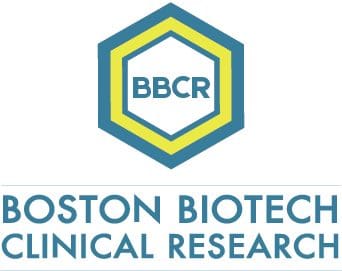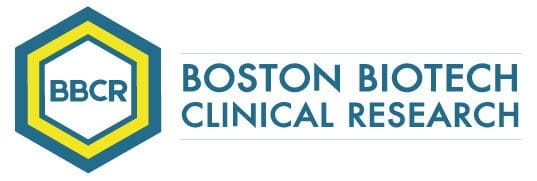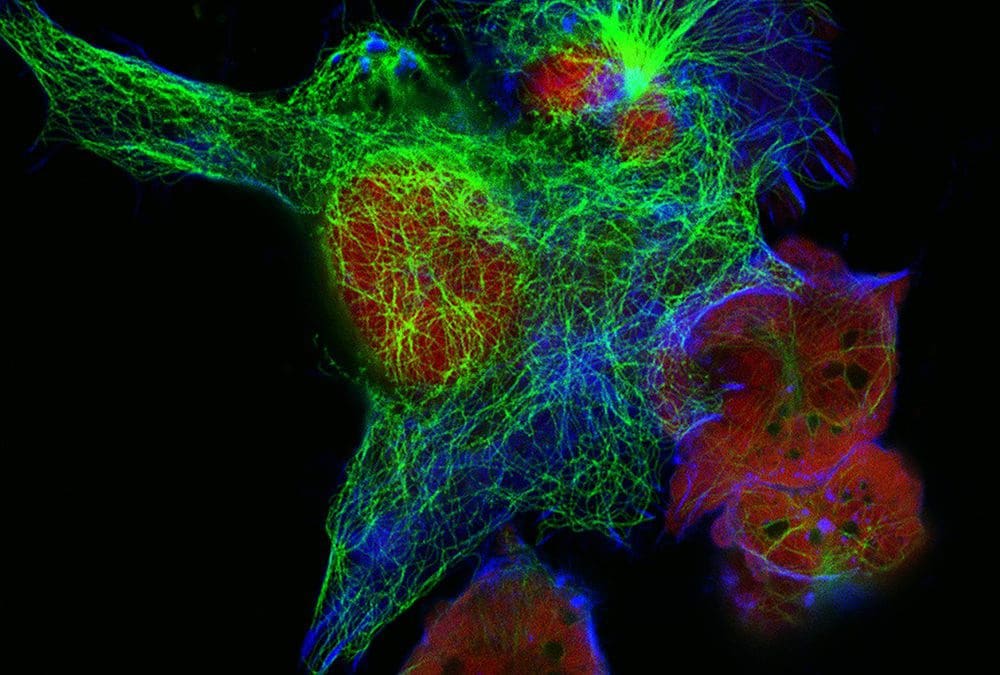Neuroblastoma is a childhood cancer that develops when immature nerve cells fail to develop into normal mature nerve cells. These tumors can begin anywhere in the body, but are often found in the abdomen or chest, neck, hips, and bone marrow.
Despite intensive chemotherapy, neuroblastoma can be difficult to cure and the prognosis is often poor. Ewing sarcoma and rhabdomyosarcoma remain challenging to treat because they show limited response to currently available therapies, including chemotherapy, and can quickly develop resistance, and undesirable side-effects including diarrhea, bone marrow suppression and secondary malignancies.
A new study demonstrated an enhanced treatment causing long-term remissions in 80 to 100 percent of mice with drug-resistant or high-risk solid tumors (https://cancerres.aacrjournals.org/content/80/19/4258).
The drug, called SN22, promote cell death and other family members previously used to treat solid tumors (eg, irinotecan and topotecan). To overcome the issues of poor efficacy and high toxicity, the researchers engineered a prodrug to extend the drug’s circulation time and less toxicity. As a result, it can be administered with a ‘low and slow’ approach that exposes tissues to a low level of drug over long period of time.
A new drug has shown great promise in the pre-clinical treatment of Neuroblastoma, an aggressive form of childhood cancer. The study was led by researchers at Lund University, Sweden (https://stm.sciencemag.org/content/12/562/eaba4434). It was demonstrated that an inhibitor of kinesin spindle protein is a key dependency in neuroblastoma and that inhibiting it results to tumor cell death. In vivo treatment with this inhibitor showed promising results in orthotopic patient-derived xenograft models.
The results suggest that the treatment may be very promising. The KSP inhibitor has not previously been used for neuroblastoma but was shown to be extra effective against this type of cancer. Fortunately, the drug is already approved for use in humans which will make faster its approval in neuroblastoma if animal model results will be confirmed in human studies.

Specializing in rare disease, Boston Biotech Clinical Research works with biotech, pharmaceutical, device companies and investors to streamline the clinical trial process. Our experienced team helps each client reach their specific goals by customizing a clinical and regulatory road map of simplified programs and streamlined protocols to meet our clients’ requirements.

